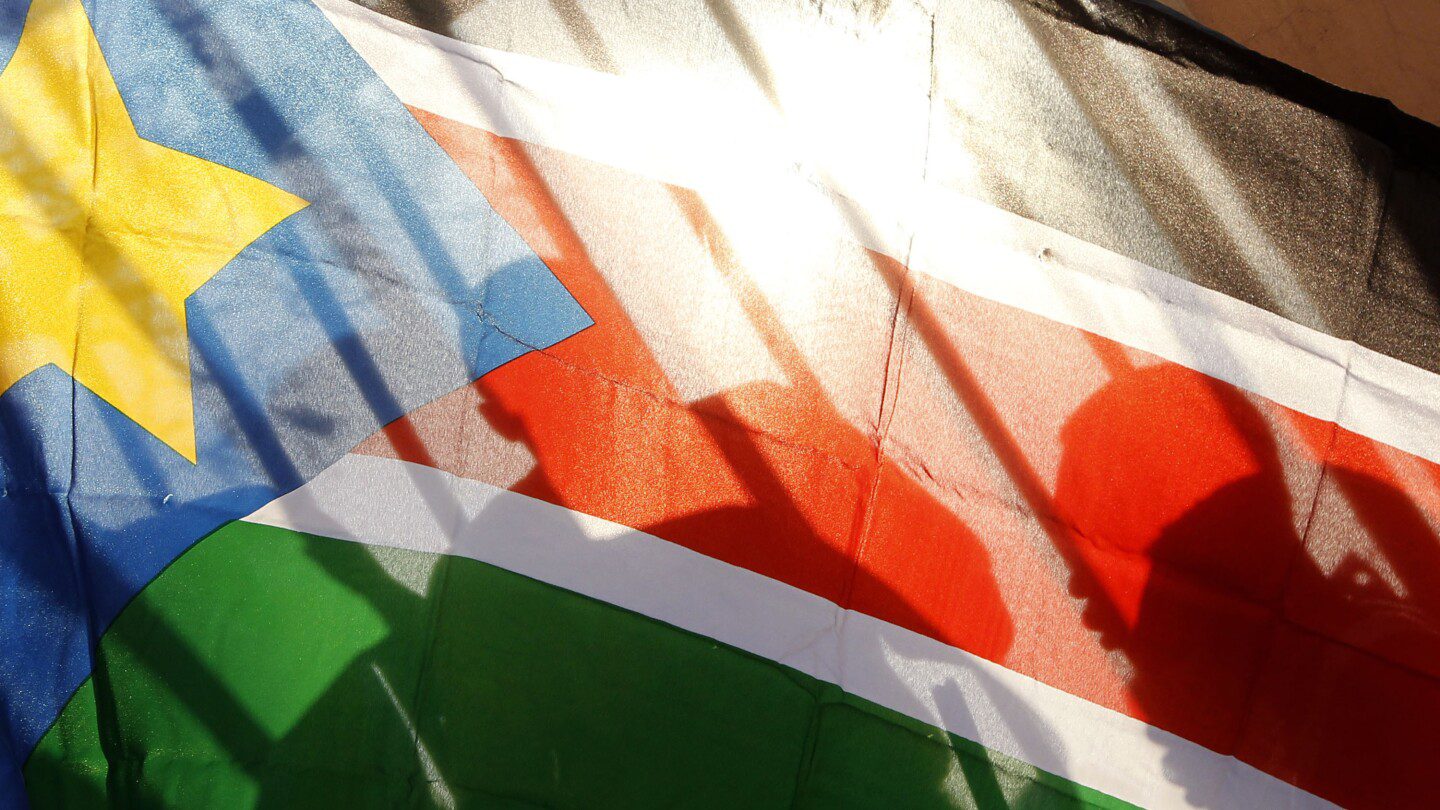
BERLIN (AP) — An index released on Tuesday revealed that numerous nations have experienced their weakest performance in over a decade regarding public sector corruption, affecting both influential states like the United States and France, as well as authoritarian regimes such as Russia and Venezuela.
Transparency International, responsible for compiling the annual Corruption Perceptions Index, reported that 47 of the 180 countries analyzed scored the lowest since adopting their current methodology in 2012. They characterized the findings of their 2024 survey as alarming, indicating that “global corruption levels remain disturbingly high, with efforts to combat them faltering.”
The organization highlighted the international challenges corruption poses to initiatives aimed at tackling climate change. It warned that insufficient transparency and accountability could lead to the misappropriation of climate funding, while undue influence, frequently from private entities, hampers the advancement of bold policies.
To gauge perceptions of public sector corruption, Transparency International utilized 13 data sources, including information from the World Bank, the World Economic Forum, and various private risk assessment and consulting firms. The results rank 180 countries and territories on a scale from “highly corrupt” (0) to “very clean” (100).
The global average score remained steady at 43 from 2023, with over two-thirds of the countries scoring below 50, as stated by Transparency International. Denmark maintained its top position with a score of 90, followed closely by Finland at 88 and Singapore at 84. New Zealand fell from third to fourth place, decreasing by two points to 83.
South Sudan dropped to the last position in the index with a meager score of eight points, overtaking Somalia, which now has a score of nine. Following them were Venezuela with 10 points and Syria at 12.
In the United States, there was a decline from 69 to 65 points, resulting in a drop from 24th to 28th place. Transparency International cited critiques of the judicial system, noting the Supreme Court’s establishment of its first code of ethics in 2023, yet raised concerns about the lack of effective enforcement mechanisms.
Other Western countries seeing a decline included France, which fell by four points to 67, slipping five rankings to 25th place, and Germany, which dropped three points to 75, also falling six spots to 15th. Germany’s score was tied with Canada, which also decreased by one point and three positions.
In Mexico, the score dropped by five points to 26 due to the judiciary’s inaction on significant corruption cases. Transparency International remarked, “Despite former President Andrés Manuel López Obrador’s commitments to combat corruption and recover embezzled assets, his administration ended without any convictions or recovered funds.”
In Europe, Slovakia also declined by five points to 49 during the first full year of Prime Minister Robert Fico’s administration, citing many reforms that weaken anti-corruption measures and limit public consultation.
Russia continued its downward trend, shedding another four points to reach 22 last year, with Transparency International noting that the invasion of Ukraine had “further solidified authoritarian rule.” In contrast, Ukraine’s score showed a slight decrease of one point to 35, though it is reportedly making progress in judicial independence and high-profile corruption cases.
In the Middle East and North Africa, anti-corruption initiatives face significant challenges due to political leaders maintaining tight control over wealth and suppressing dissent. However, the organization noted that “unexpected opportunities” might arise, particularly following changes in the leadership in Syria. Sub-Saharan Africa recorded the lowest regional average score at 33.
In the Asia-Pacific region, governments continue to struggle in fulfilling their anti-corruption promises, as highlighted by Transparency International.









